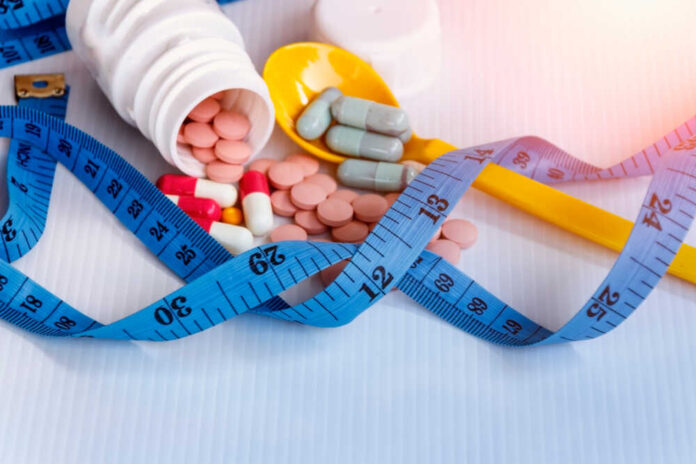Investment banks predict that the anti-obesity drug market might grow to $200 billion over the next several years.
According to a report, the drugs Rybelsus, Wegovy, and Ozempic, which all contain the active ingredient semaglutide, have seen a surge in popularity in recent months due to the high-profile adoption of the drug’s ability to reduce hunger and prolong satiety.
Customarily used for weight control in those who have type 2 diabetes, the substance is administered via a once-weekly injection, and according to a study note provided to CNBC by the director of European Equity Research at Barclays, Emily Field, its sales could reach $200 billion by 2030.
According to WHO statistics, 40 million children, 340 million adolescents, and 650 million adults are clinically obese. They predict that by 2035, half of the world’s population will be overweight or obese, providing considerable ‘cash cow’ potential for the pharmaceutical industry.
In an investor letter, Mark Purcell, Morgan Stanley’s Managing Director, estimated that the market for obesity medicines might grow to $54 billion by 2024.
He said that the therapy for obesity was shifting into conventional primary care management and cited the example of high blood pressure medications, which grew from an innovative new field to a $30 billion industry over the course of many decades.
Purcell pointed out that just 7% of the world’s 650 million obese individuals get a medical diagnosis and referrals, a number he predicted would dramatically expand by 2035.
Public health insurance programs like Medicare, which are currently barred from covering medications for weight loss, may soon be compelled to, according to a perspective piece published in the New England Journal of Medicine.
Studies have shown that patients must keep taking semaglutide to prevent weight gain. After 20 weeks of injections, the average participant in an experiment that appeared in JAMA (Journal of the American Medical Association) lost nearly 11% of their body weight. However, after 48 weeks, those who stopped the treatments gained 7% of their initial body weight back, while those who kept going lost an additional 8%.


















